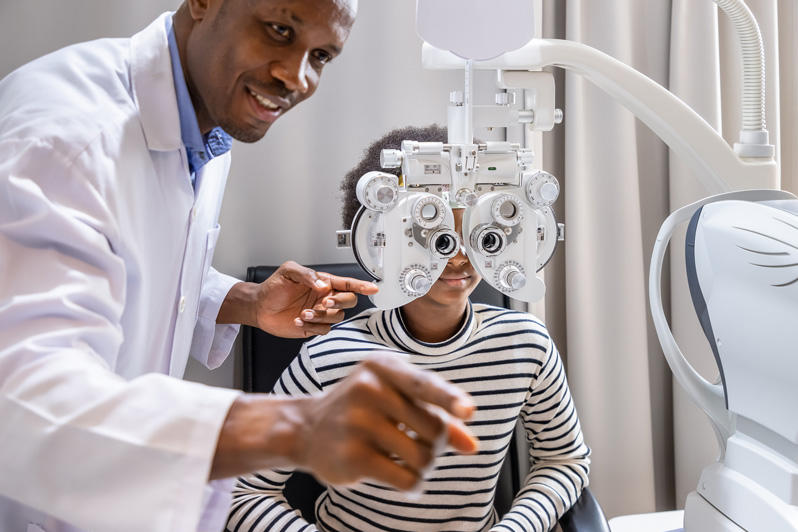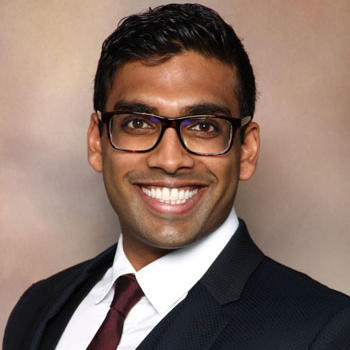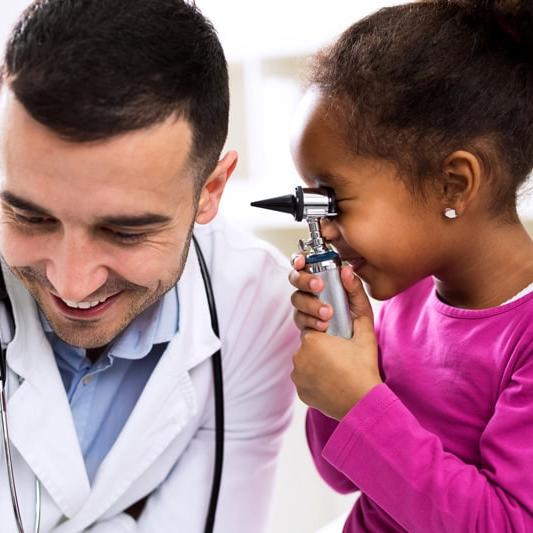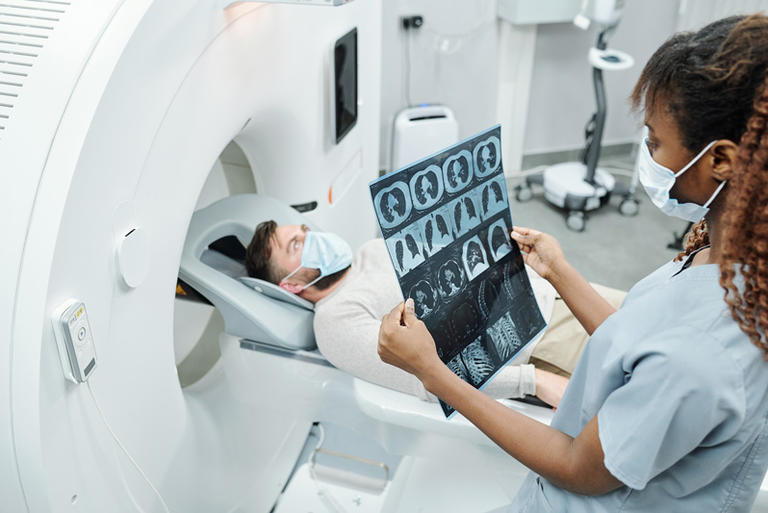If you want to become a physician, and you’re curious about medical specialties down the road, consider this one: ophthalmology. Ophthalmologists are both physicians and surgeons: they provide corrective vision services and perform eye surgeries. Ophthalmology is one of 14 surgical specialties recognized by the American College of Surgeons.
WHAT DOES AN OPHTHALMOLOGIST DO?
Ophthalmologists are “eye MD’s” as well as ophthalmologic surgeons who treat all diseases and disorders of the eyes. In addition to prescribing eyeglasses or contacts, they perform laser-assisted in situ keratomileusis (LASIK) or photorefractive keratectomy (PRK) surgeries to correct vision problems. They also operate to treat such disorders as cataracts, diabetic retinopathy, glaucoma, macular degeneration, or strabismus (cross-eyes). Some ophthalmologists also do research on the causes and cures for eye diseases and vision disorders.
HOW TO BECOME AN OPHTHALMOLOGIST
To become an ophthalmologist, you must first become a physician by graduating from an accredited medical school*—such as Ross University School of Medicine (RUSM). The steps to a medical degree at RUSM, which is located on the Caribbean island of Barbados, are the same as at United States-based schools: two years of medical science classes and two years of hands-on clinical training. For Ross students, the medical sciences curriculum is completed at the Barbados campus; the clinical training can be completed at affiliated teaching hospitals in the United States.
During clinical training, RUSM students complete core rotations in internal medicine, surgery, pediatrics, family medicine, obstetrics/ gynecology, and psychiatry. Each individual student, then, selects from among 40 specialty elective clerkships to fulfill their remaining clinical requirements.
During the fourth and final year of medical school, students prepare for the next step in their medical education: residency. At RUSM, the Office of Career Advisement (OCA) helps students determine which residency specialty—such as ophthalmology—suits them best. The OCA then helps students negotiate the National Resident Matching Program® (NRMP®)—a placement system which medical students who want to obtain licensure in the United States use to “match” with a medical residency. Residencies are required to become a licensed physician, and they last from three to eight years. An ophthalmology residency is four years.
In 2021, RUSM had a first-time residency attainment rate of 92 percent for 2020-2021 graduates, a match percentage rate comparable with the overall match rate (93 percent) for medical schools in the United States. In recent years, RUSM MD’s have matched with ophthalmology residencies at such hospitals as Henry Ford Hospital in Michigan; the Kensington Eye Institute in Ontario; Tulane Medical Center in Louisiana; and Wexner Medical Center in Ohio.
After the successful completion of ophthalmology training, doctors are eligible to become certified by the American Board of Ophthalmology, and they may apply for membership in the American Academy of Ophthalmology®. Ophthalmologists may do an additional year or two of fellowship training to become subspecialists in such areas as:
- Anterior Segment Surgery
- Cataracts and Refractive Surgery
- Cornea and External Disease
- Glaucoma
- Neuro-Ophthalmology
- Ocular Oncology
- Ophthalmic Pathology
- Ophthalmic Plastic Surgery
- Pediatric Ophthalmology
- Vitreoretinal Diseases
MEET AN OPHTHALMOLOGIST
Yogesh Patodia, MD, a 2017 RUSM graduate, is an Ophthalmology Resident at the University of Toronto in Ontario, Canada. We asked Dr. Patodia to describe the role of an ophthalmologist.
Q: Why did you decide to go into your specialty?
A: Ophthalmology is such a unique speciality. We have the wonderful balance of having a medical and surgical practice so we can see our patients through their surgery and continue to follow them for long-term care. I may be a bit biased, but the surgery is truly unparalleled. We perform microsurgery at the level of microns that require the utmost dexterity. I fell in love with ophthalmic surgery because of how artistic it was. Year over year we see new technology being introduced to the field which really keeps things fun!
Q: Any advice to medical students considering the specialty?
A: Here are the things I did that (I think) helped me attain a residency.
- Get your name out early! I always tried to secure observerships with programs I was planning on applying to. This helped me get a bit of clinical exposure as well as build meaningful connections within a department.
- Research is extremely helpful and even something like a case report can go a long way.
- Show your passion for the field. If you're lucky enough to get an elective or an observership, be the first one there and the last to leave. Show your enthusiasm for the field and the willingness to constantly learn.
- Build connections and keep them over time. I was lucky enough to be involved in some research early on that allowed me to present at conferences. I would go up and introduce myself to key people I knew were involved in the program at these meetings and would follow up with them for research or observership opportunities.
Q: What’s the most rewarding part of your job?
A: Our patients see their results (quite literally). Seeing a person who just had a retinal detachment or a dense cataract go from 20/400 (the big E on the reading chart) to 20/20 or close to is probably one of the most rewarding parts of my field. I remember having a patient stop me in clinic to thank me for saving their vision. It wasn't until I went through their chart that I realized I saw them a month prior and repaired their retinal detachment. It is times like this that make you happy and proud of what you do. I have the pleasure of working with amazing staff physicians and support staff that make my residency experience amazing!
If you want to become a doctor, and a career as an ophthalmologist appeals to you, learn more about the RUSM MD Program and investigate the Office of Career Advisement. When you’re ready, take the next step on your path to a specialization in ophthalmology: apply for admission to Ross University School of Medicine.
Related Resources:
*Ross University School of Medicine is accredited by the Caribbean Accreditation Authority for Education in Medicine and other Health Professions (CAAM-HP, www.caam-hp.org).
CAAM-HP is the legally constituted body established in 2003 under the aegis of the Caribbean Community (CARICOM), empowered to determine and prescribe standards and to accredit programs of medical, dental, veterinary and other health professions education on behalf of the contracting parties in CARICOM.
Accreditation by CAAM-HP is a rigorous, peer review process which examines all aspects of a medical program. The CAAM-HP board, an independent and autonomous body of professionals, only certifies medical schools which are operating at the highest levels of industry standards.
Through this accreditation, the CAAM-HP provides assurance to medical students, graduates, the medical profession, healthcare institutions and the public that programs leading to qualifications in medicine meet appropriate national and international standards for educational quality, and that the graduates have a sufficiently complete and valid educational experience.





